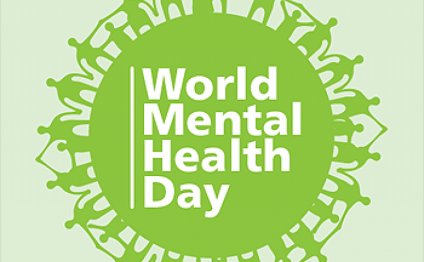
Mental Illness Counseling
Is often used either alone or in combination with medications to treat mental illnesses. Called "therapy" for short, the word psychotherapy actually involves a variety of treatment techniques. During psychotherapy, a person with a talks to a licensed and trained mental health care professional who helps him or her identify and work through the factors that may be triggering the illness.
How Does Psychotherapy Help?
Psychotherapy helps people with a mental disorder to:
- Understand the behaviors, emotions, and ideas that contribute to his or her illness and learn how to modify them
- Understand and identify the life problems or events - like a major illness, a death in the family, a loss of a job, or a divorce - that contribute to his or her illness and help him/her understand which aspects of those problems he/she may be able to solve or improve
- Regain a sense of control and pleasure in life
- Learn healthy coping techniques and problem-solving skills
Types of Therapy
Therapy can be given in a variety of formats, including:
- Individual: This therapy involves only the patient and the therapist.
- Group: Two or more patients may participate in therapy at the same time. Patients are able to share experiences and learn that others feel the same way and have had the same experiences.
- Marital/couples: This type of therapy helps spouses and partners understand why their loved one has a mental disorder, what changes in communication and behaviors can help, and what they can do to cope. This type of therapy can also be used to help a couple that is struggling with aspects of their relationship.
- Family: Because family is a key part of the team that helps people with mental illness get better, it is sometimes helpful for family members to understand what their loved one is going through, how they themselves can cope, and what they can do to help.
Approaches to Therapy
While therapy can be done in different formats - like family, group, and individual - there are also several different approaches that mental health professionals can take to provide therapy. After talking with the patient about their disorder, the therapist will decide which approach to use based on the suspected underlying factors contributing to the condition.
RELATED VIDEO



Share this Post
Related posts
Hunter College Mental Health Counseling
The mission of the Hunter College Counseling Program is to prepare highly competent counselors who concentrate in school…
Read MoreMental Health Act restraint
The Mental Health Act (MHA) 2007 came into force in November 2008. The Act primarily amends and updates the MHA 1983. I It…
Read More










